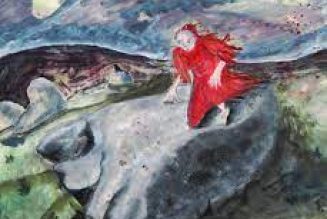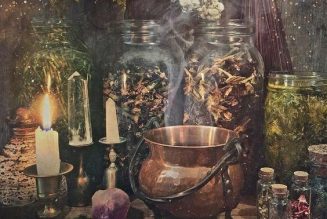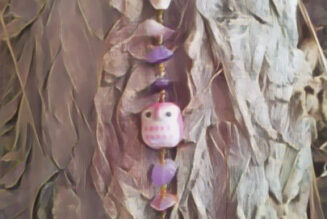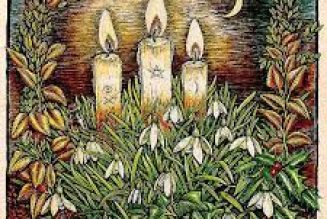Robert Cochrane played a pivotal role in the resurgence of witchcraft in Britain during the 1950s and 60s.
Born in 1931 and raised in London, Cochrane practiced traditional witchcraft, which he believed was deeply rooted in pre-Christian traditions.
He established the Clan of Tubal Cain, a coven dedicated to the veneration of the Horned God and the Mother Goddess.
Cochrane’s teachings were shaped by his military service and his passion for folklore and mythology.
He viewed witchcraft as a means to connect with the natural world and the spirits within it.
Cochrane stressed the significance of personal experience and intuition in witchcraft, urging his followers to create their own magical practices and rituals.
Despite his substantial impact on modern witchcraft, Cochrane’s life and teachings remain enigmatic.
He passed away in 1966, and much of his work was lost or destroyed.
Nonetheless, his legacy endures in the Clan of Tubal Cain and the broader witchcraft community, where his ideas continue to inspire and guide contemporary witches.
Robert Cochrane’s early years were marked by a keen interest in the occult and a quest to understand traditional witchcraft.
Born Roy Bowers on January 26, 1931, in West London, he later adopted the name Robert Cochrane.
Coming from a working-class background, Cochrane left school at 14 to work as an apprentice in a metal foundry.
He later became a toolmaker, working in various factories throughout his life.
However, his fascination with the occult and witchcraft persisted, which he explored in his spare time.
In the 1950s, Cochrane joined a coven led by a woman known as “Old Dorothy.”
Through this coven, he was introduced to traditional witchcraft, which would become the cornerstone of his own practice.
Cochrane’s early witchcraft experiences were profoundly influenced by his time in the coven.
He learned about the significance of the seasons, lunar cycles, and the use of herbs and natural materials in magical practices.
Despite his deep interest in witchcraft, Cochrane remained relatively obscure until the 1960s when he began to attract followers.
He founded his own coven, the Clan of Tubal Cain, based on traditional witchcraft practices.
The coven was named after Tubal Cain, a biblical figure associated with metalworking and craftsmanship.
Overall, Cochrane’s early life was characterized by a deep interest in the occult and a desire to delve into traditional witchcraft.
His experiences in the metalworking industry also shaped his beliefs and practices, which emphasized the use of natural materials and the importance of craftsmanship.
















































